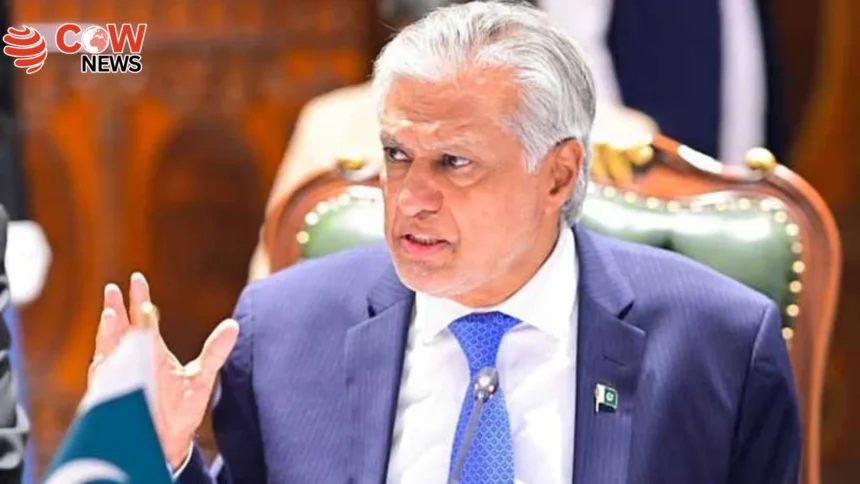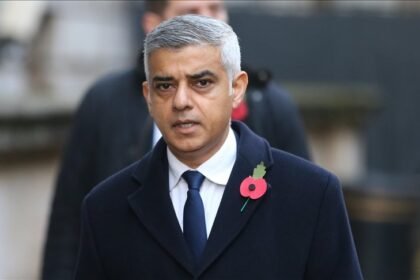Islamabad(TheCOWNews Digital) Pakistan’s Deputy Prime Minister Ishaq Dar has revealed that certain influential countries attempted to pressure Pakistan into voting against Iran in a recent International Atomic Energy Agency (IAEA) resolution. However, he stated that Pakistan refused to comply and maintained a neutral and principled stance.
Speaking on Geo News’ program “Capital Talk”, Dar disclosed that diplomatic pressure was exerted by powerful nations to side with the anti-Iran resolution, but Pakistan stood its ground, refusing to take a position that could escalate regional tensions or compromise its sovereign foreign policy.
“Some powerful countries asked Pakistan to vote against Iran at the IAEA, but we categorically refused,” said Dar. “We will not become a tool in regional or global conflicts.”
Israel’s Aggressive Role Condemned
Dar further criticized Israel, accusing it of playing the role of a “regional bully” amid heightened tensions in the Middle East. He called for immediate intervention by the international community to halt Israel’s aggressive actions and prevent further destabilization in the region.
“Israel has acted with complete disregard for international laws. It’s behaving like a rogue state,” he asserted.
The comments come as Iran continues to face diplomatic isolation and military threats in the wake of escalating hostilities with Israel, with the broader Muslim world expressing concerns about the West’s one-sided approach to the conflict.
India-Israel Nexus and Regional Concerns
The Deputy Prime Minister also expressed alarm over what he called the “deepening nexus” between India and Israel, particularly in the context of defense and intelligence cooperation. He referred to India’s recent regional maneuvers as disturbing and provocative, posing a growing threat to regional peace.
“There is a clear and dangerous collaboration between India and Israel. India’s role in this evolving equation is deeply concerning,” Dar said.
This statement underscores Pakistan’s broader strategic apprehensions regarding India’s alliances, particularly those that could potentially marginalize Pakistan or provoke conflict in South Asia.
Pakistan’s Call for Balanced Diplomacy
Dar reiterated Pakistan’s commitment to peace, regional stability, and non-alignment in conflicts that threaten to draw the region into broader confrontation. He emphasized that Pakistan will not compromise its foreign policy under pressure, and will always support diplomatic solutions.
“We are committed to playing a responsible role. Our decisions are made in Pakistan’s interest, not at the behest of others,” he added.
International Reactions Awaited
The revelation of foreign pressure is expected to spark further debate both domestically and internationally, especially among Muslim-majority nations who have been closely monitoring developments between Iran and Israel. It also raises questions about the IAEA’s neutrality and the geopolitical influence exerted within international institutions.
Pakistan’s firm stance may strengthen its position among non-aligned and regional peace-seeking states, but it could also trigger diplomatic pushback from those who sought its support.







